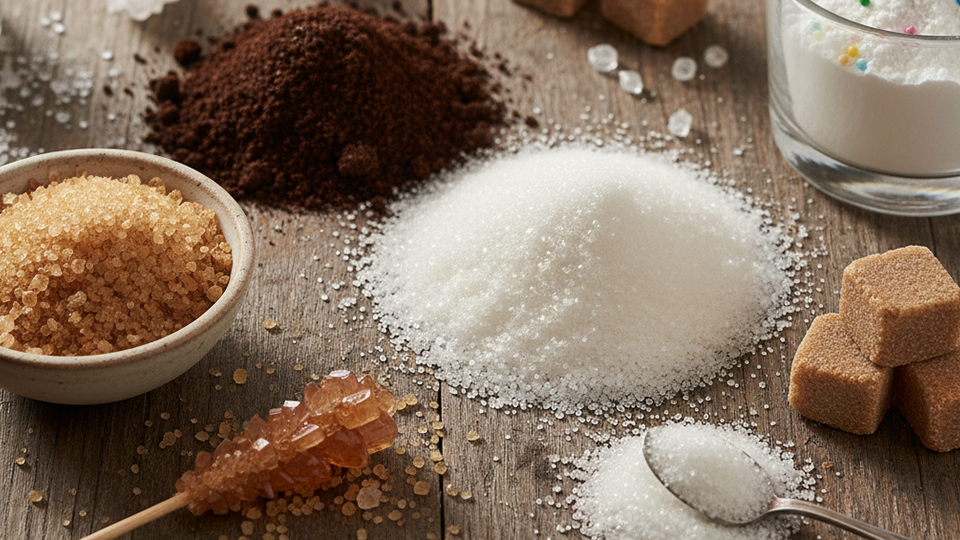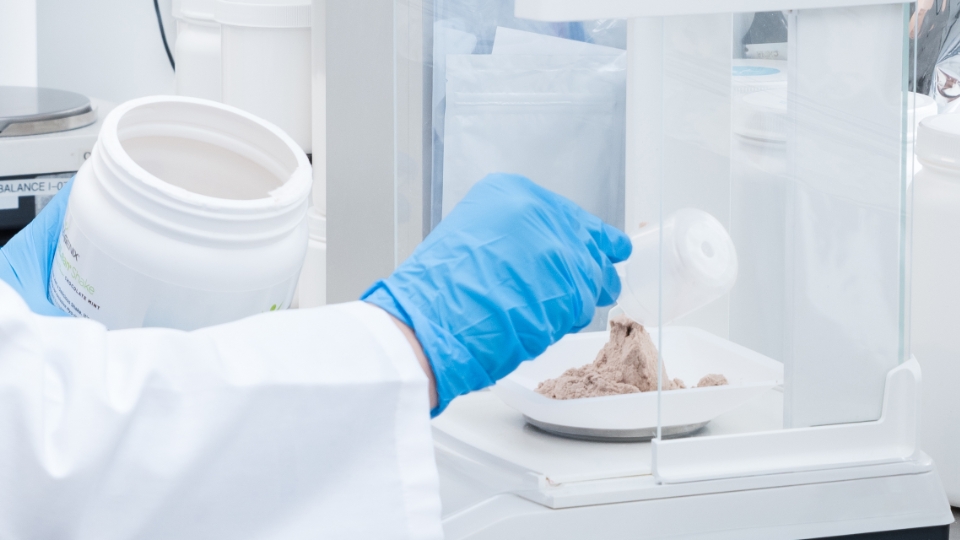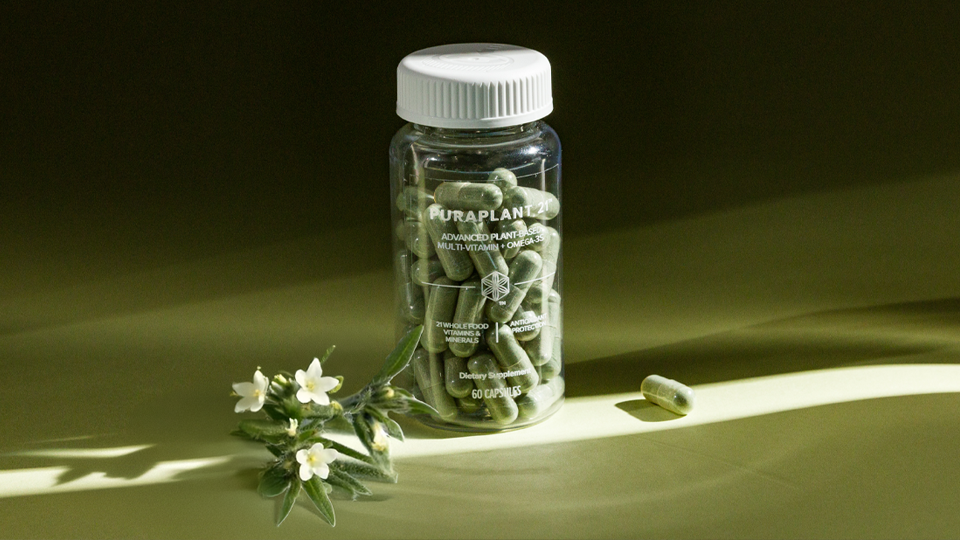Looking for a perfect superfruit and phytonutrient infusion to complement any Isagenix System as well as one you can enjoy on your Cleanse Day? Look no further.
Now, with Xango® and Xango Reserve, Isagenix users can add two new plant-based beverages for anytime use that are suitable for vegans and anyone seeking health and wellness support. Xango and Xango Reserve are two mangosteen-rich elixirs created with the puree of whole mangosteen fruit, including the seeds, pulp, and rind. While each product features an array of plant-based nutrients from the mangosteen and other fruit, Xango Reserve provides more mangosteen per serving compared with Xango.
But what exactly is mangosteen, and why is it considered a “superfruit”?
Mangosteen: The ‘Queen of the Fruits’
The mangosteen (Garcinia mangostana L.) is a fruit native to tropical and arid climates, including Southeast Asia countries such as India, Malaysia, Philippines, and Thailand (1). Because the fruit has traditionally been used to treat various ailments and by many cultures, several efforts to grow the plant in the United States have been attempted. However, even in more tropical locations, including California and Hawaii, the mangosteen grows very poorly. Moreover, because the fruit is delicate, once picked, it must either be quickly frozen or otherwise treated.
Frequently considered a superfruit due to its exotic nature and reported traditional health benefits, the mangosteen has a soft flesh that resembles a white tangerine. Its flesh is mildly acidic and exhibits a delicious taste profile described as sweet and sour and resembles the flavor of a combination of grape and strawberry. Moreover, although the word mango occurs within the term “mangosteen,” there is no relationship botanically. Mangos and mangosteens only share their first five letters; indeed, they are not related at the genus or family levels (2).
Along with its somewhat restrictive growing season and limited geography, the mangosteen has a fascinating history. Sometime in 1850s England, the tropical fruit was coined “Queen of the Fruits,” supposedly in reference to a quote made by Queen Victoria. However, a more thorough analysis suggests that the good Queen unlikely had any specific or direct connection to the fruit (3).
Mangosteens Are Phytonutrient Rich
Like most fruits and vegetables, the mangosteen contains a wide assortment of plant-based nutrients. In addition to anthocyanins, flavonoids, and terpenes, mangosteens are also rich in tannins and a family of phytonutrients known as xanthones. Xanthones derive their name from the Greek word “Xanthos,” which means yellow due to their characteristic color in many plants (4). Xanthones, like polyphenols in fruits and vegetables, are a diverse family with at least 70 xanthones thus far isolated or characterized from the mangosteen.
Health Benefits of the Mangosteen
In addition to its traditional use in treating various ailments, several clinical studies suggest its health benefits. For example, two studies from the Ohio State University reported consumption of commercial mangosteen-containing beverages that showed bioavailability of α-mangostin (a major xanthone in the fruit) as well as an increased antioxidant capacity in humans (5, 6). Similarly, these and other studies have also observed beneficial effects on immune system markers (6, 7). Most recently, researchers from Brazil found a significant improvement in insulin sensitivity in obese females consuming a mangosteen supplement, with no side effects (8). Finally, another clinical study confirmed increased absorption of xanthones from mangosteen when the fruit juice was consumed along with a high-fat meal (9), which is unsurprising as many of these bioactive compounds are fat-soluble and therefore improved when consumed alongside dietary fat.
Overall, Isagenix can now add mangosteen-rich Xango and Xango Reserve to their health-supportive arsenal of high-quality shakes and bars, antioxidants, adaptogenic herbs, and other targeted solutions.
References
- Benatrehina PA, Pan L, Naman CB, Li J, Kinghorn AD. Usage, biological activity, and safety of selected botanical dietary supplements consumed in the United States. J Tradit Complement Med. 2018;8(2):267-277. Published 2018 Mar 2. doi:10.1016/j.jtcme.2018.01.006.
- https://mangosteen.com/index.html.
- https://mangosteen.com/historyandfolklore.htm.
- https://www.simplysupplements.co.uk/healthylife/general-health/health-benefits-xanthones.
- Kondo M, Zhang L, Ji H, Kou Y, Ou B. Bioavailability and antioxidant effects of a xanthone-rich Mangosteen (Garcinia mangostana) product in humans. J Agric Food Chem. 2009;57(19):8788-8792. doi:10.1021/jf901012f.
- Xie Z, Sintara M, Chang T, Ou B. Daily consumption of a mangosteen-based drink improves in vivo antioxidant and anti-inflammatory biomarkers in healthy adults: a randomized, double-blind, placebo-controlled clinical trial. Food Sci Nutr. 2015;3(4):342-348. doi:10.1002/fsn3.225.
- Udani JK, Singh BB, Barrett ML, Singh VJ. Evaluation of Mangosteen juice blend on biomarkers of inflammation in obese subjects: a pilot, dose finding study. Nutr J. 2009;8:48. Published 2009 Oct 20. doi:10.1186/1475-2891-8-48.
- Watanabe M, Gangitano E, Francomano D, et al. Mangosteen Extract Shows a Potent Insulin Sensitizing Effect in Obese Female Patients: A Prospective Randomized Controlled Pilot Study. Nutrients. 2018;10(5):586. Published 2018 May 9. doi:10.3390/nu10050586.
- Chitchumroonchokchai C, Riedl KM, Suksumrarn S, Clinton SK, Kinghorn AD, Failla ML. Xanthones in mangosteen juice are absorbed and partially conjugated by healthy adults. J Nutr. 2012;142(4):675-680. doi:10.3945/jn.111.156992.





